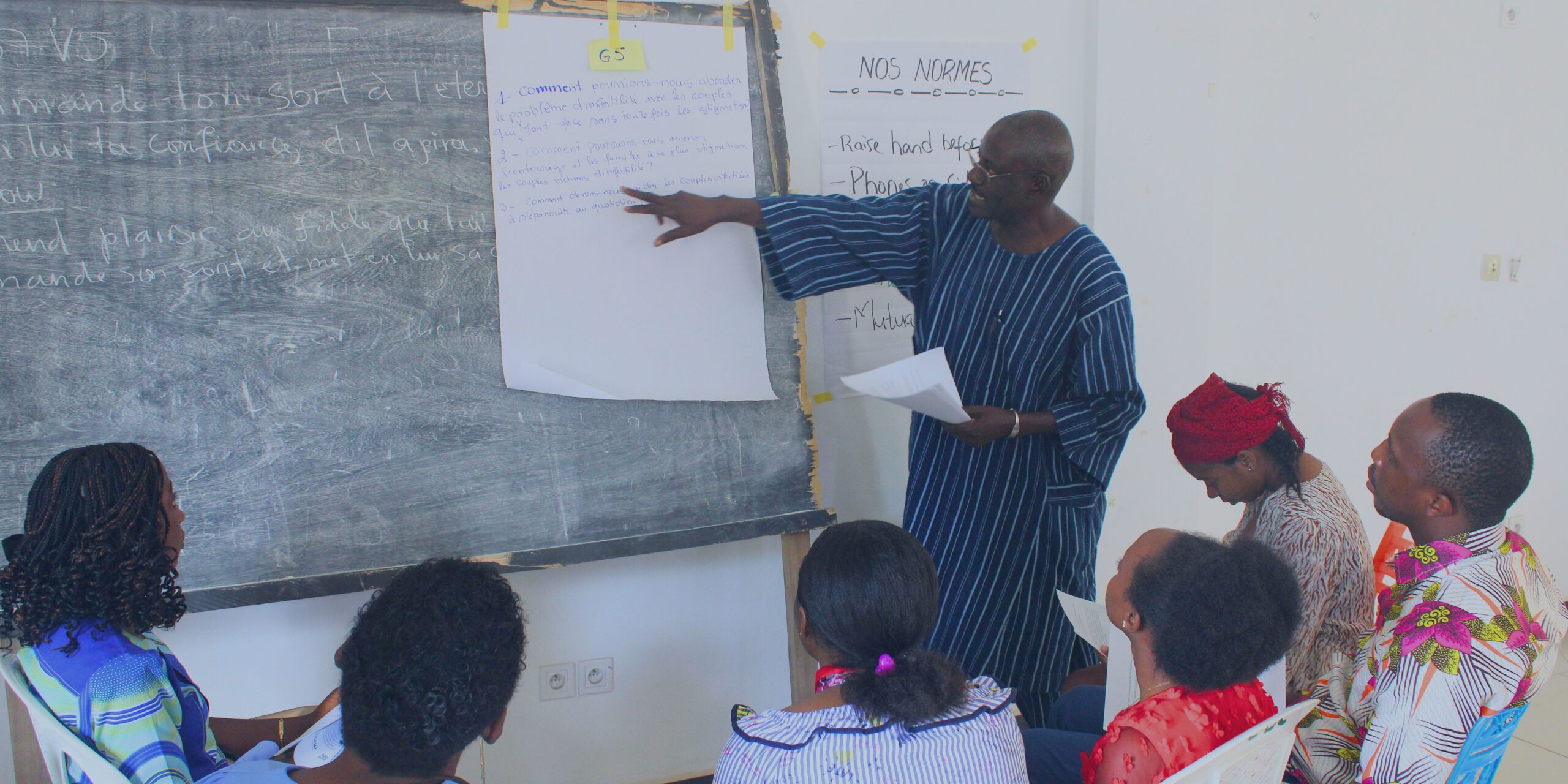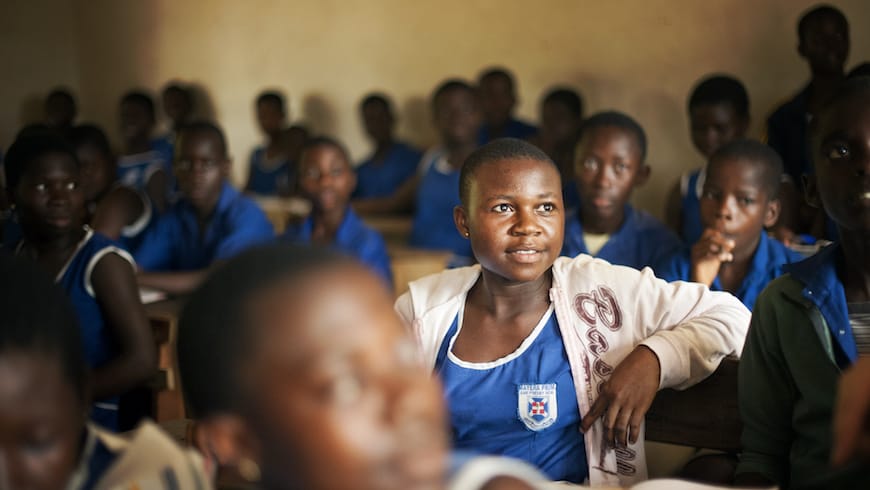Developing national Family Planning research and learning agendas in Niger and Côte d’Ivoire
Description
From the project’s outset, R4S adopted the research and learning agenda (RLA) process as a strategic approach at the country level to establish a strong research-to-research utilization model and to promote strong engagement of stakeholders to define their research priorities, monitor research implementation, and ultimately use the results. For example, the strong interest and engagement in FP self-care and equity in many of the R4S focus countries was informed by the RLA process. Regarding how the R4S consortium worked together, one of the initial priorities was on uni-directional “capacity building” of certain consortium partners. The partners soon recognized the value of multi-directional “capacity bridging” across all consortium members. This led to questions regarding how to apply principles of decolonization and locally led development to global health programs and research. The path also led to questions regarding how to measure equity in partnerships, and how to capture if growth and learning has occurred among partner staff. Results from these foundational activities are described here, and their implications on R4S primary outcomes are woven throughout the descriptions of R4S activities in the sections that follow.
Goal
The primary goal of this activity was to support countries to develop FP research and learning agendas (RLAs) to help them meet their national FP program goals. A secondary goal was to identify programmatic and policy research questions for which R4S could help produce, synthesize, or apply evidence to improve outcomes.
Approach
Drawing from FHI 360’s RU Framework, R4S facilitated a consultative process to develop country-specific FP RLAs in seven countries that articulated locally identified research and learning needs that spanned general FP topics as well as the specific areas of self-care, HIPs and equity. The RLAs included desk reviews, key informant interviews, and secondary analyses of DHS and PMA data where applicable. They also included interactive, collaborative processes (often in the form of one or more virtual or in-person meetings, sometimes including online surveys) during which stakeholders generated and prioritized specific research questions. R4S developed a simple tool that was offered to FP focal points in the different MOHs to track research being conducted in the country that aligned to the RLA questions.
Findings
RLAs were developed, finalized, approved, and disseminated in Côte d’Ivoire, Niger and (Kenya, Malawi, Mozambique, Nepal, and Uganda). Information on each country’s RLA process and findings is available on an interactive website in French and English.
Implications and applications
The RLAs were incorporated into Costed Implementation Plans (CIPs) in Niger. The RLAs have also been incorporated into or referenced by other projects, such as informing research by Pathfinder in Niger on the USAID-MOMENTUM Integrated Health Resilience Project. Although R4S made a tracker available to MOH FP focal points to use for tracking whether specific RLA questions were being taken up, most countries did not put into place such a process. The process of developing country-specific FP RLAs was shared with the Ouagadougou Partnership in 2023 and helped inspire their approach to developing a regional RLA.
Others Ongoing Projects

Social Behaviour Change Workshop on infertility
Social Behaviour Change Workshop on infertility

